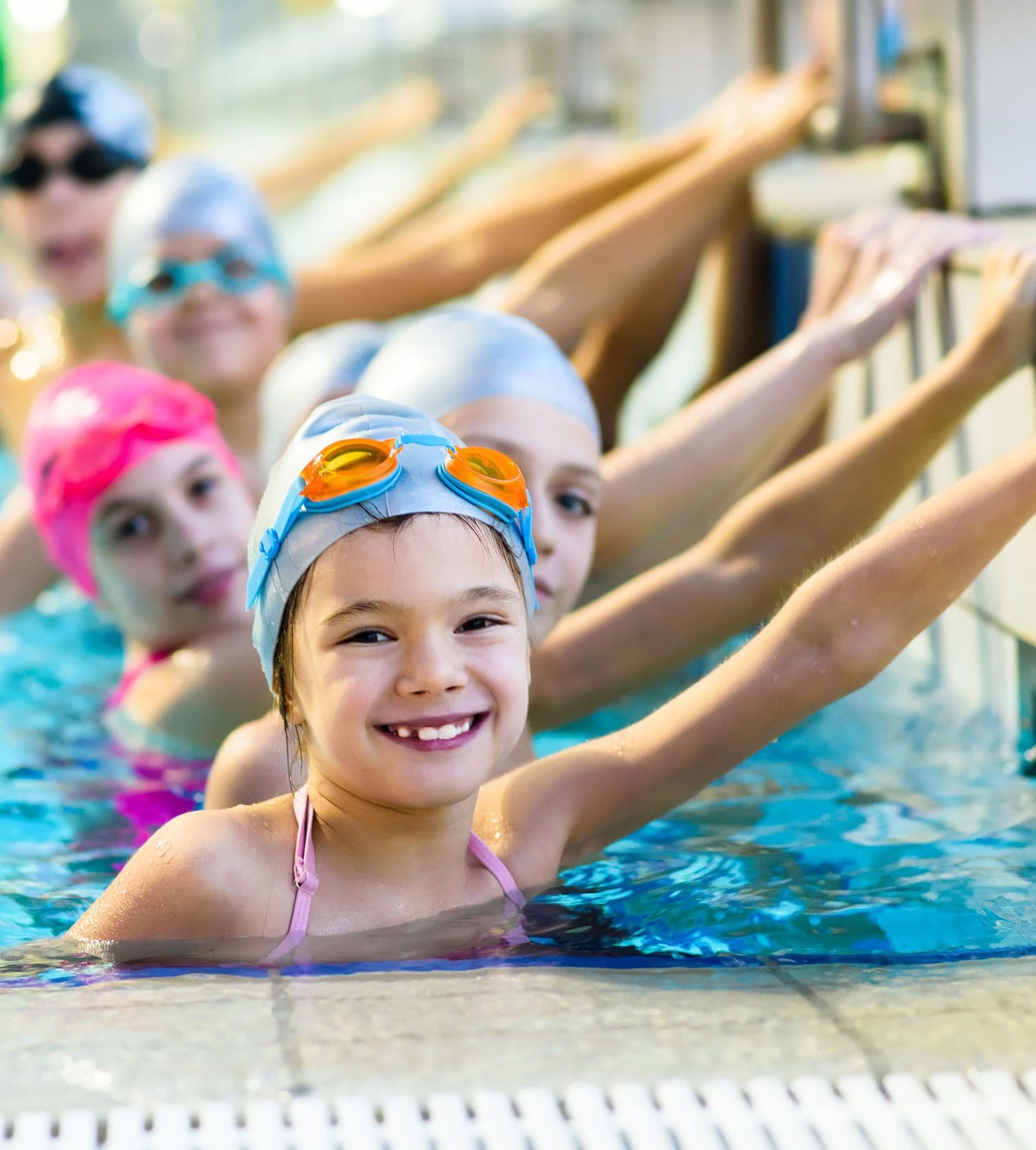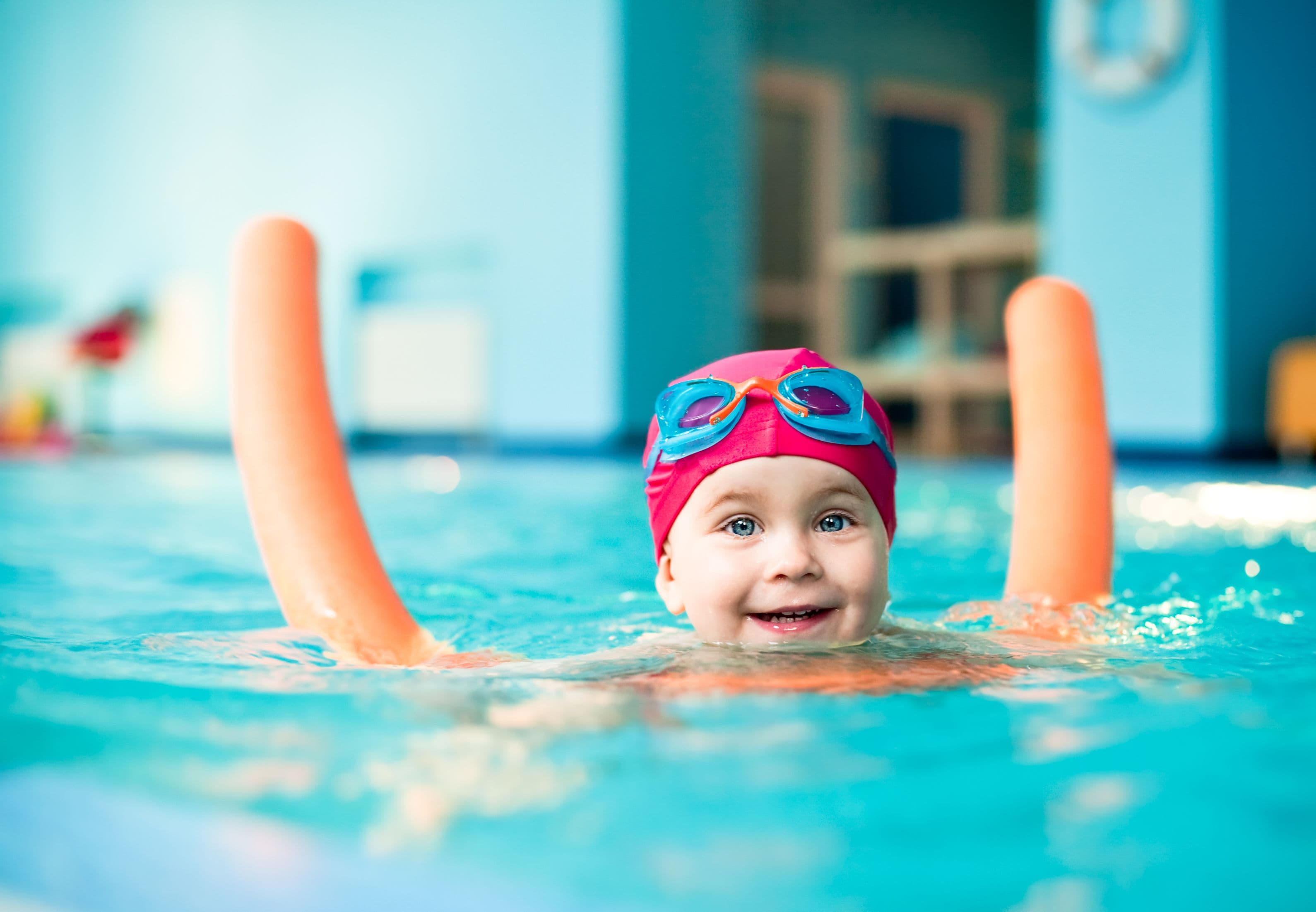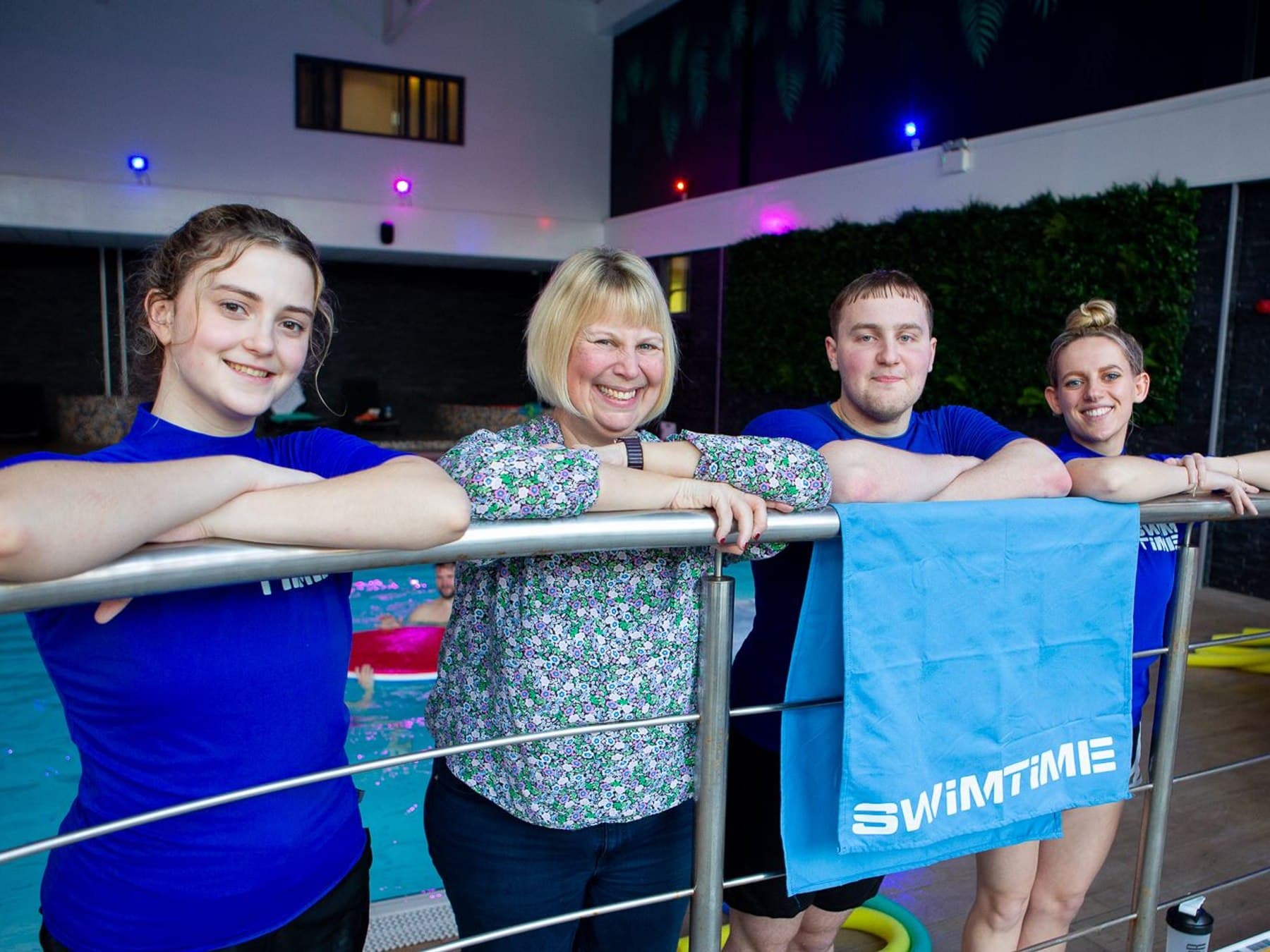A fun approach to learning is so important for children and adults alike, whether for swimming lessons or for any other learning opportunity.
The easiest way for a child to acquire the skills needed to be a confident swimmer is through fun and games so, this is an ideal way for children to develop their jigsaw of skills. This may even lead to them learning how to combine one skill with another, without even realising.
When instructors use activities that make learning engaging and fun, children are more willing to participate. Therefore, having fun while learning also helps students retain information because the process is enjoyable and memorable.

Teaching water safety can prove to be difficult. At Swimtime we focus on raising awareness of the dangers that can be in the water. By introducing an element of fun into the lessons we combine education with entertainment.
Our Barracuda lessons include a wide range of rescue skills for advanced swimmers.

When teaching a child anything, it is important to understand how a child learns skills best. There are 8 Laws of learning in a child’s mind, that must all be completed for the child to successfully learn the new skill. This is presented in the infographic to the left.
For more info please see the Encyclopaedia of Early Childhood Development
1. Primacy
Playing is a way we learn, so survival skills are learnt through play from an early age, this has been proven in animal studies. For example, in wild horse herds youngsters that kick up their heels in play are a lot more likely to reach their first birthday.
2. Exercise
The law of exercise states that the more we practice and repeat an action, the more we remember. Children in Swimtime lessons are driven to repeatedly practice in games until mastery is achieved.
3. Requirement
Children are rewarded with certificates in lessons. As a result, the rewarding the children, they remain motivated to keep playing and master the next challenge.
4. Freedom
Swimtime lessons are committed to the individuals potential. This means every child has the freedom to learn at their own pace achieving their maximum capability.
5. Readiness
Children learn better when they are physically, mentally and emotionally ready. The Goldilocks theory is to do a challenge within a game, so it can’t be too hard or easy, it needs to be just right.
6. Recency
Swimtime lessons are weekly to stay on top of the improvement from the previous week. As a result, regularly practicing the same skills helps with muscle memory which means the children will remember the skills that they have learnt.
7. Effect
Combining education with an element of fun leads to effective successful lessons and this is continuously proven in Swimtime swimming lessons.
8. Intensity
The more intense and interesting the material is, the more likely it will be retained. Games that engage you through effective use of visuals, audio and storyline are more engaging. Games help you to learn effortlessly by engaging the whole brain.




Swimtime offers fun and exciting swimming lessons. We publish reviews from our customers.
To book lessons with Swimtime, please visit our Lesson Finder



